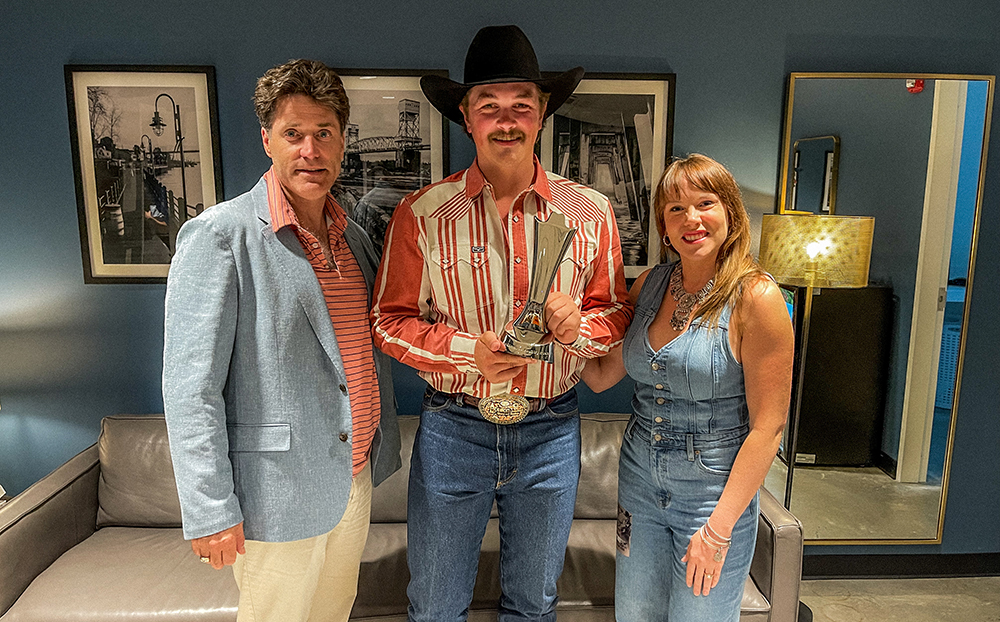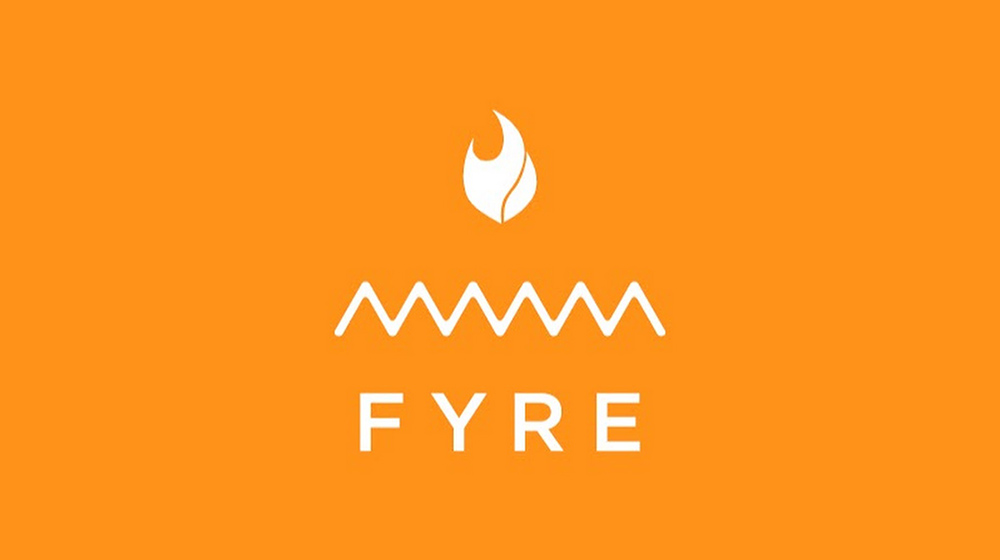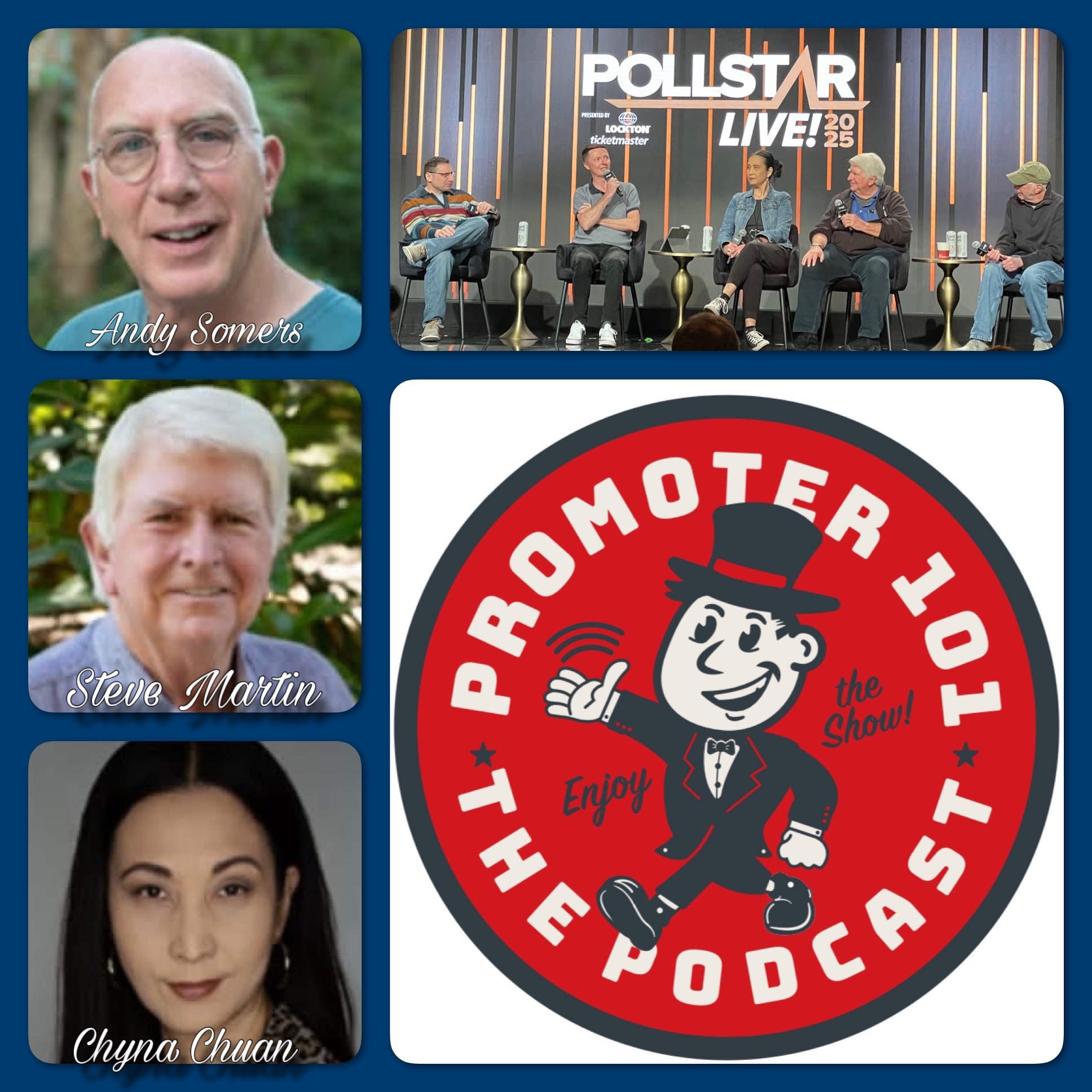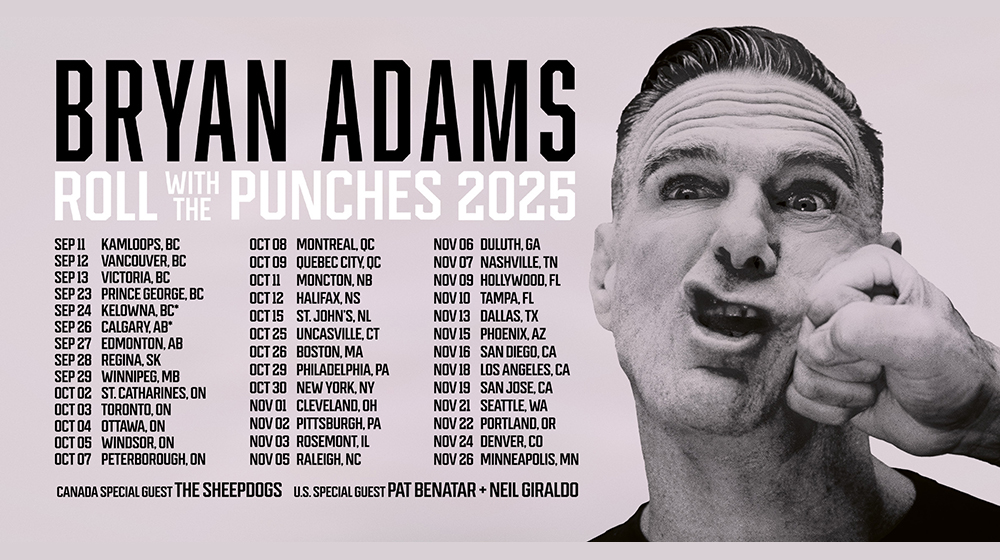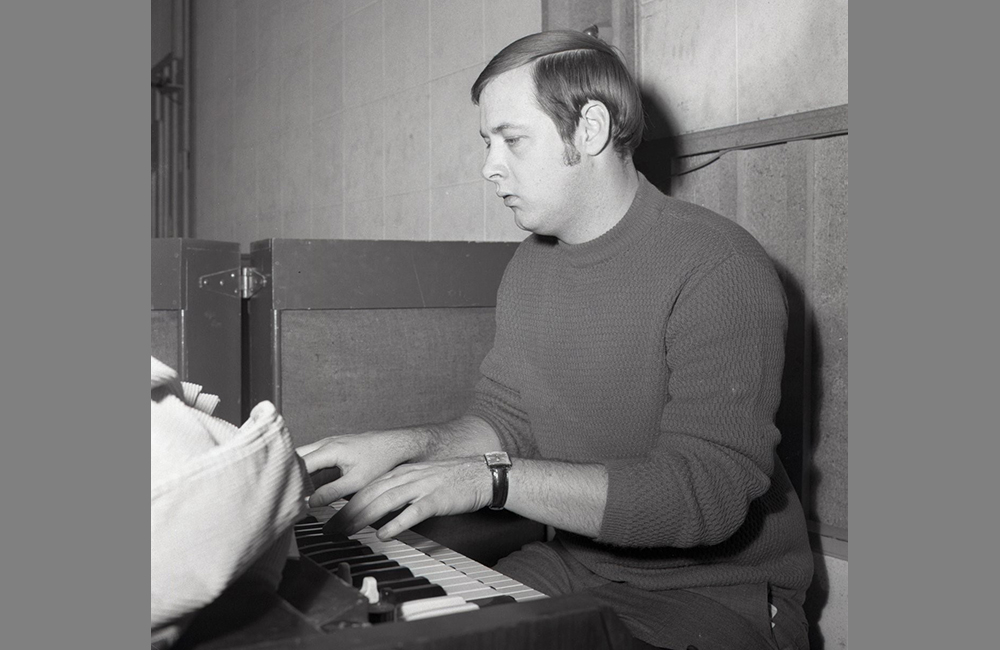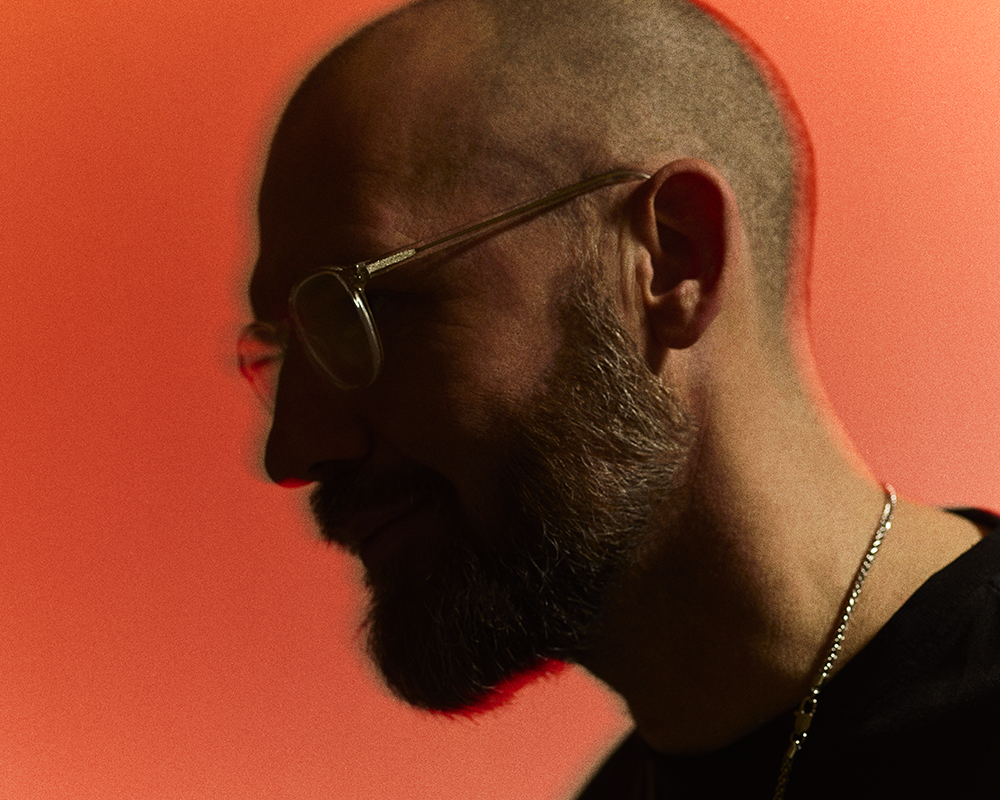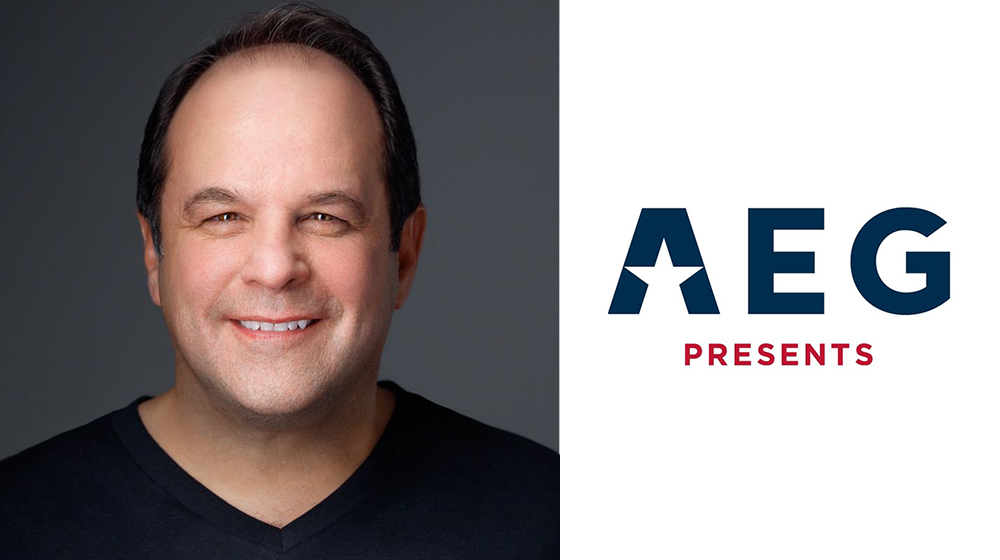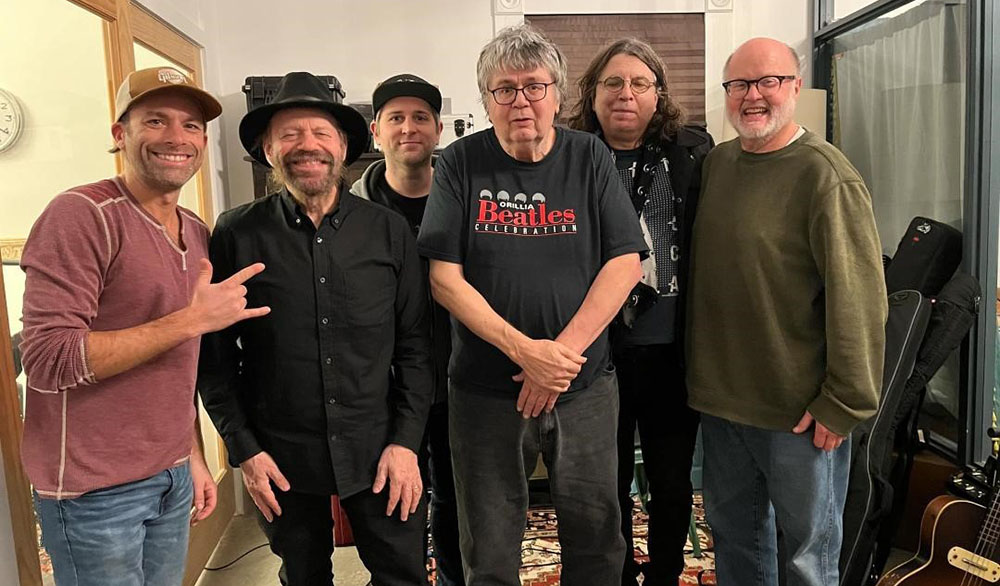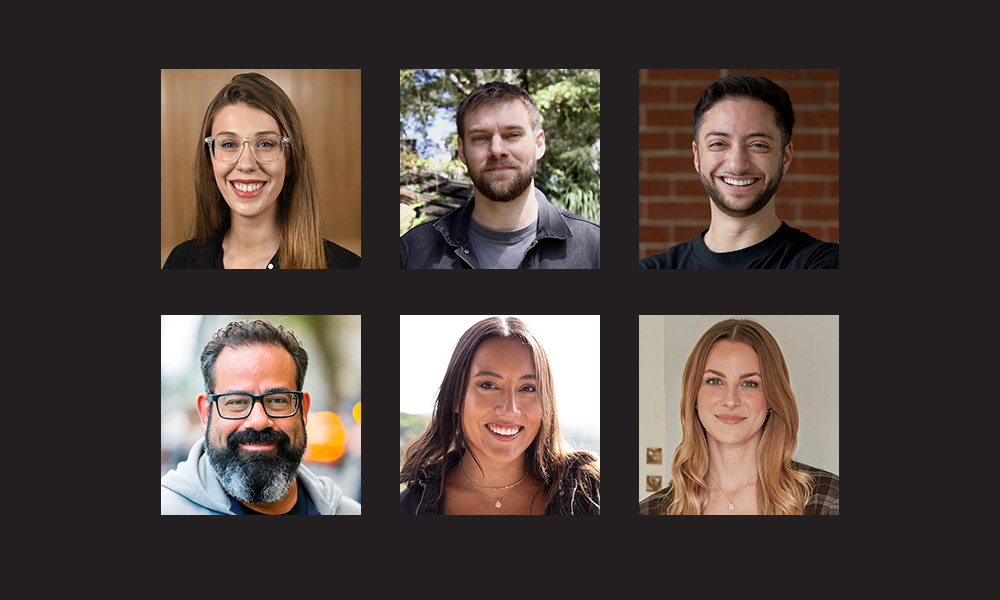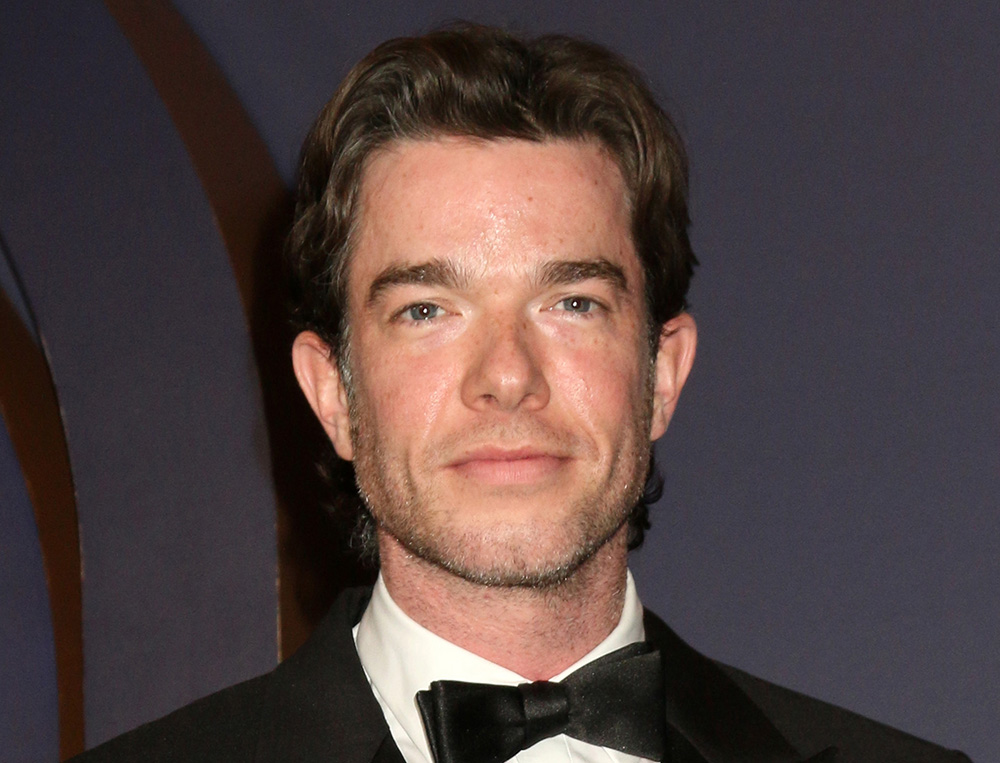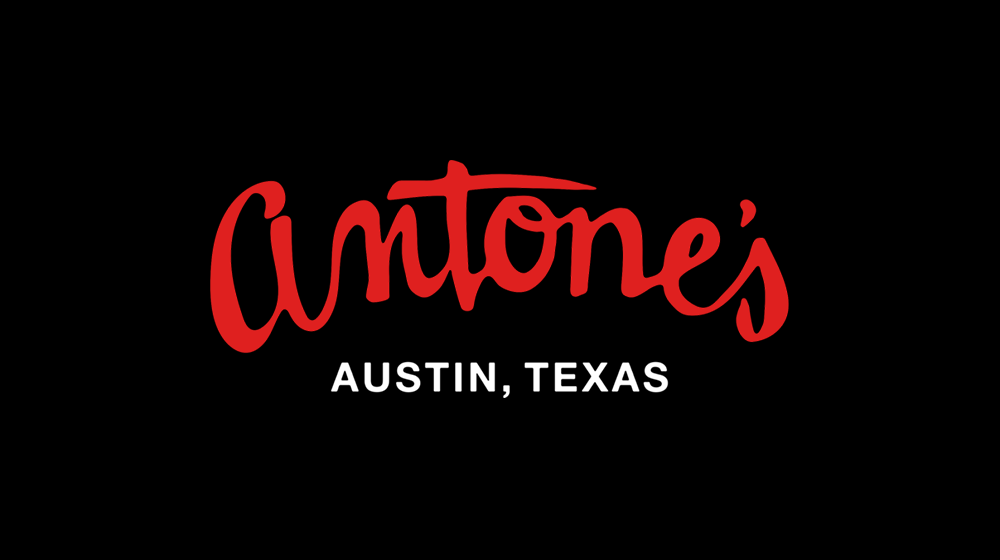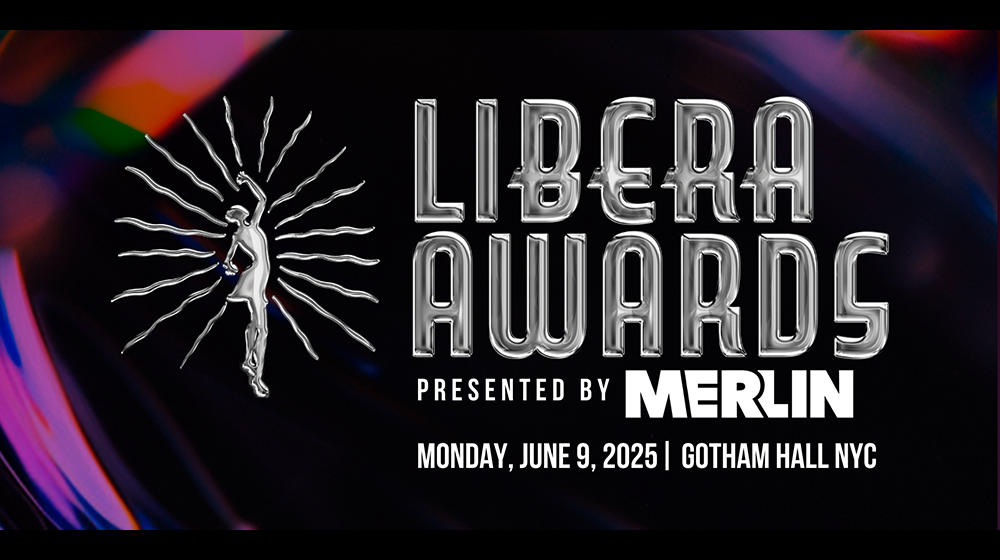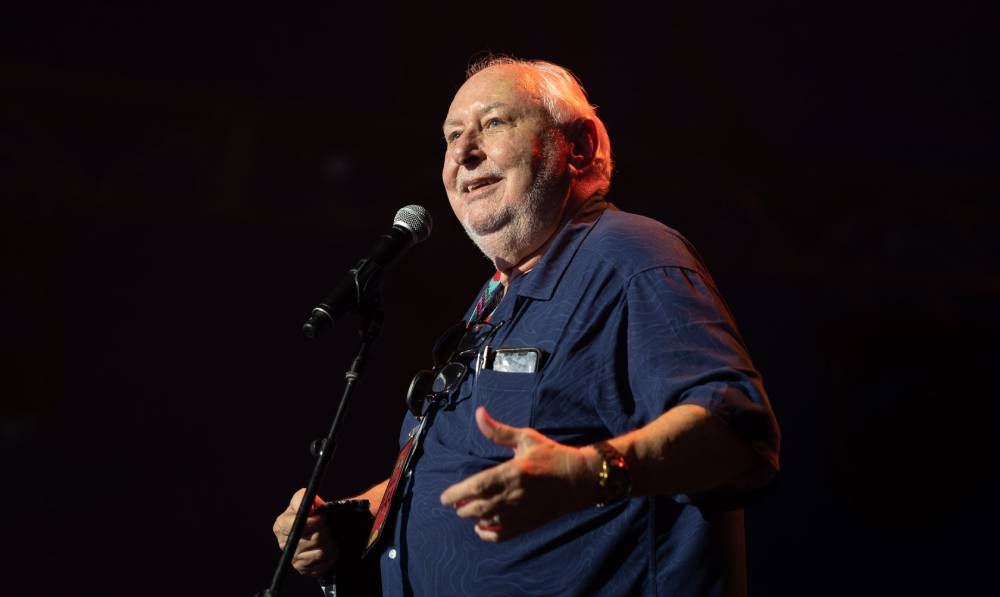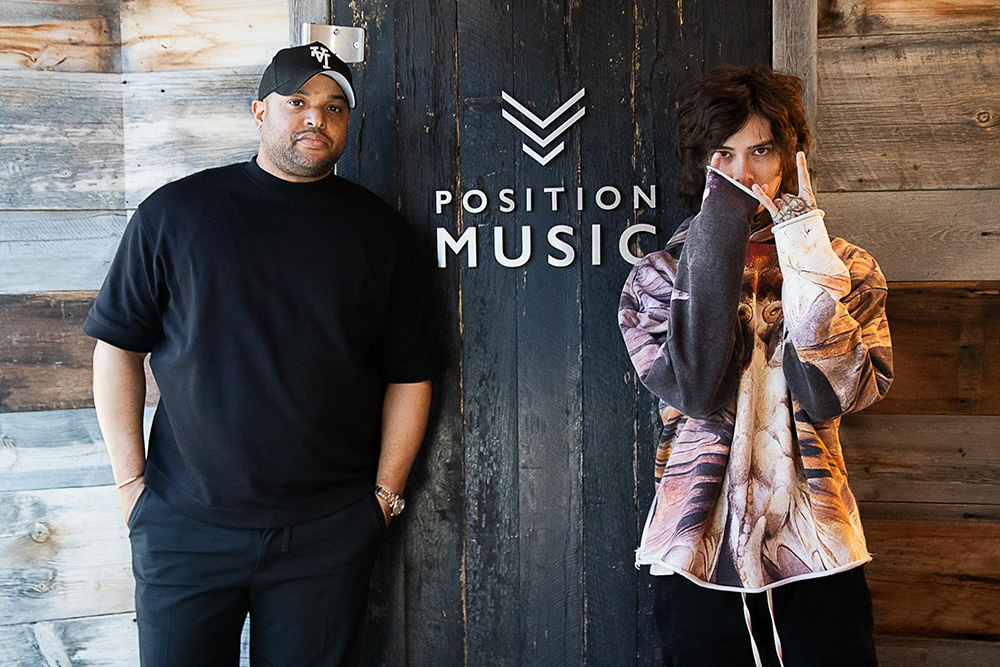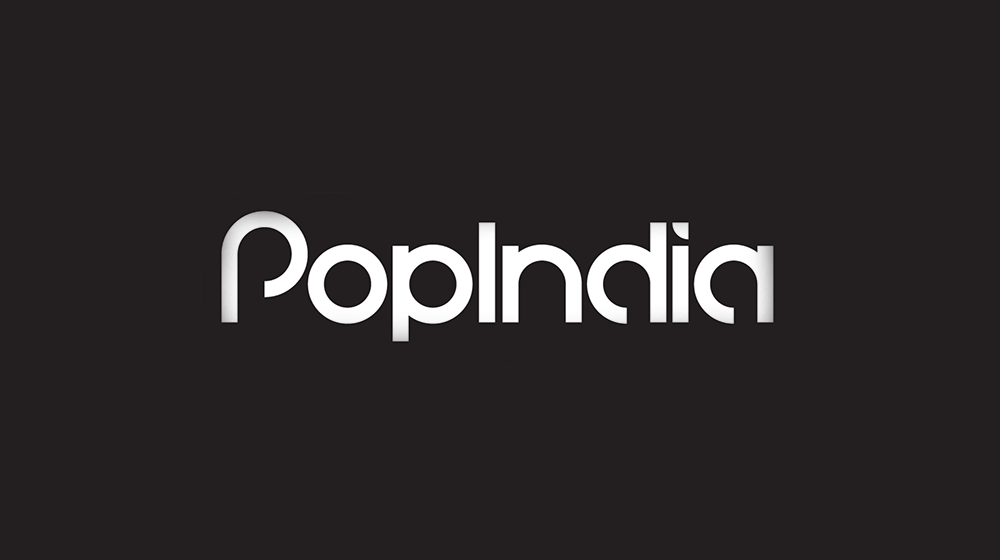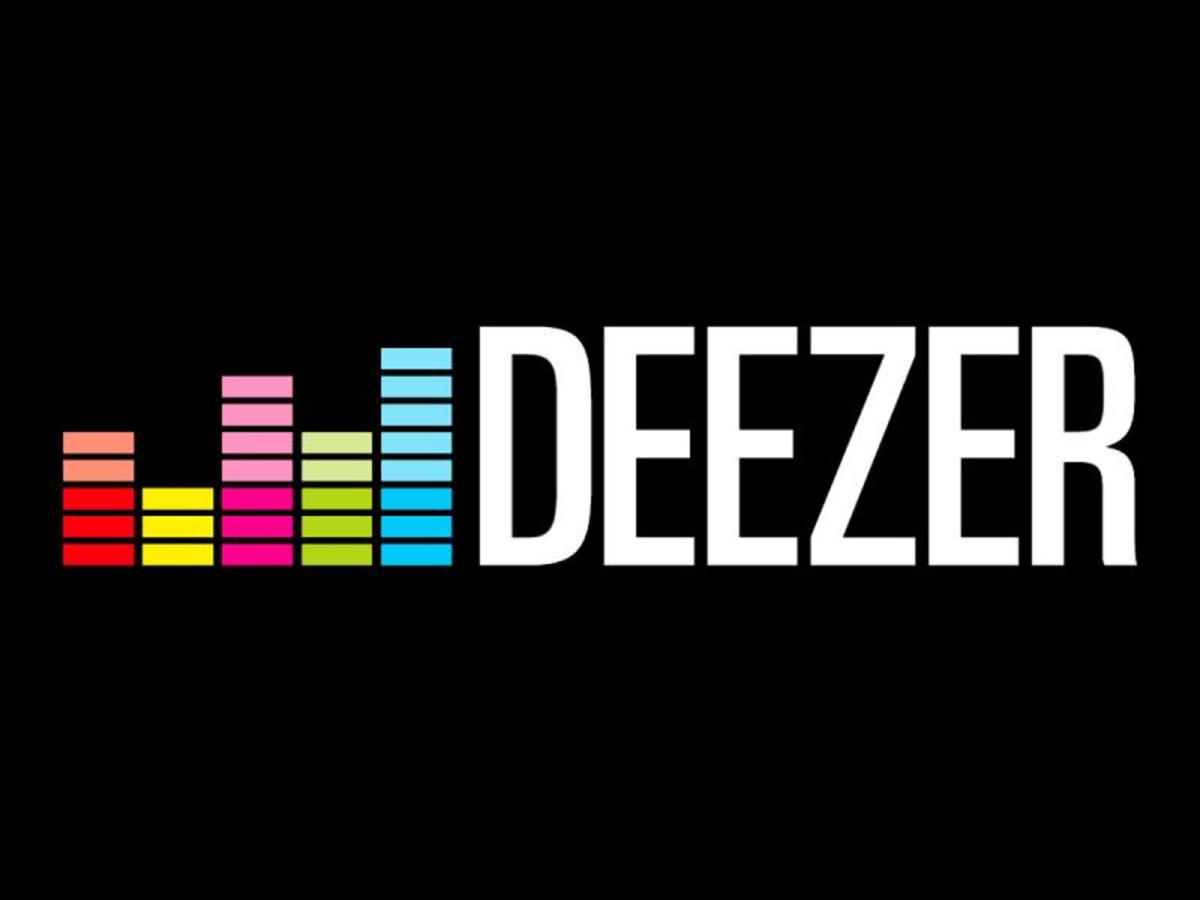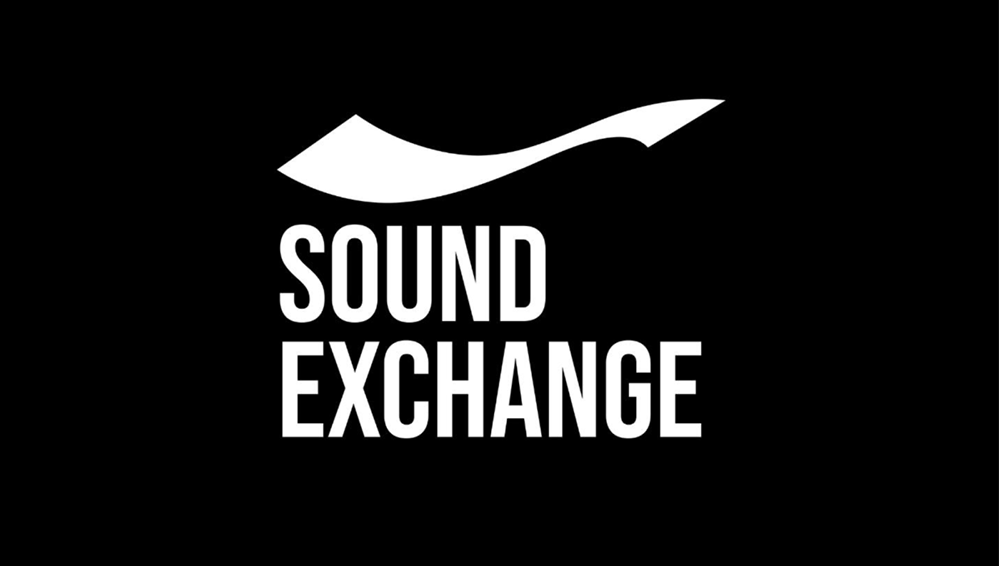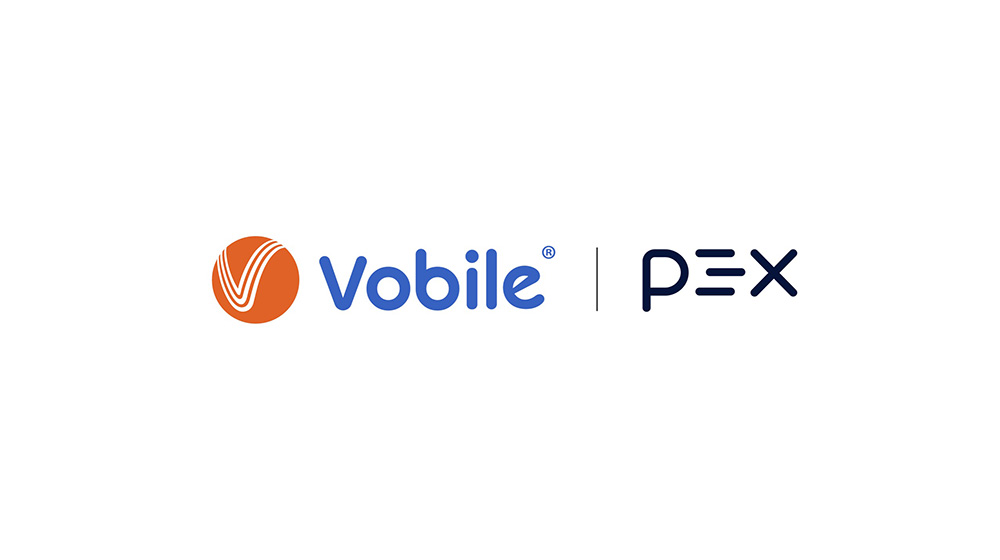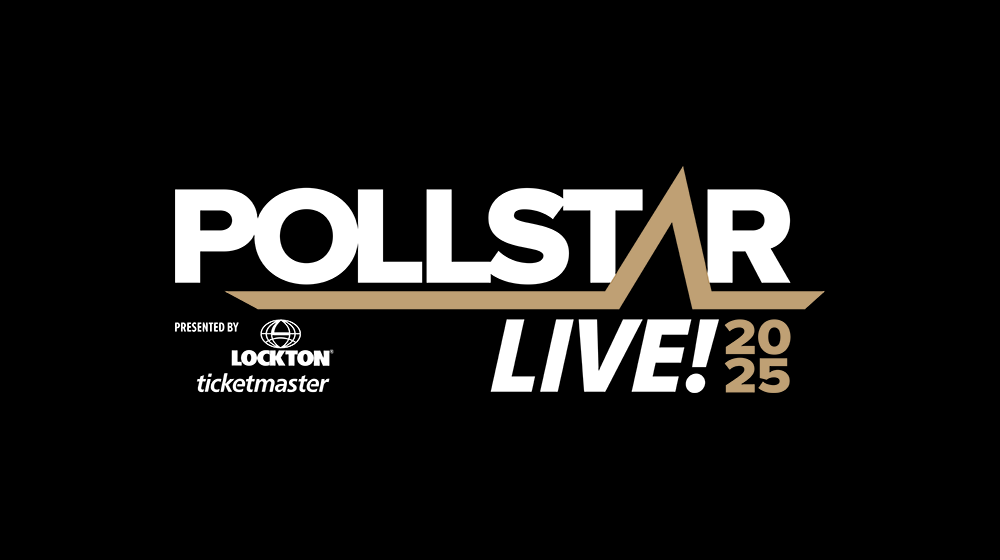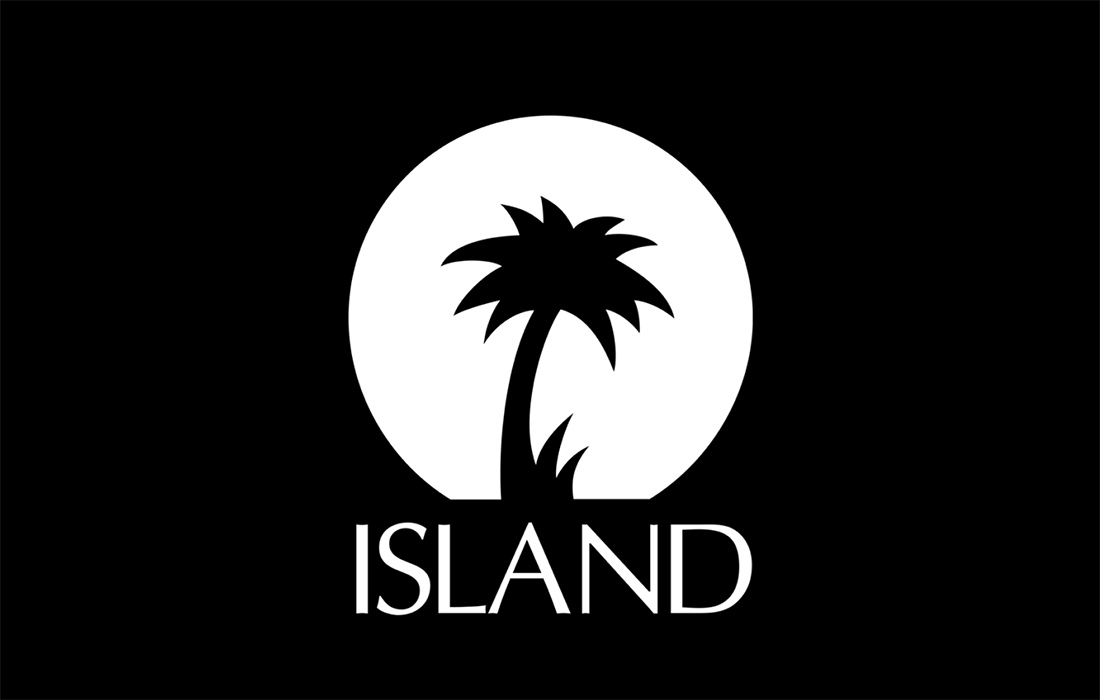
(CelebrityAccess MediaWire) —
While the US Supreme Court heard arguments this week on whether movie and recording studios can sue software companies that enable illegal sharing of music and video files, legal experts caution that whatever the outcome of the case, individuals who illegally download copyrighted material are still at risk of being sued.
In the case of MMGM v Grokster, the nation's high court will soon rule whether companies such as Grokster that provide popular peer-to-peer file sharing software violate federal copyright law or are protected by a previous Supreme Court ruling in the famous "Betamax" case that protected technologies that enable duplication of copyrighted material as long as the technologies are "capable of substantial non-infringing uses."
But no matter how the court rules, individuals who illegally download music or video may still be vulnerable to lawsuits. "It's the end user, not the software company, who is actually violating the rights of the copyright holder, such as the recording artist or movie studio," said Michael Landau, current author of the book Lindey on Entertainment, Publishing and the Arts from Thomson West, and professor of law and director of the intellectual law program at Georgia State University. "Whatever the Supreme Court decides in the Grokster case, entertainment companies will likely still be able to go after the end user, the person who is actually making the unauthorized reproduction."
Earlier this month, the Recording Industry Association of America sent "pre-subpoena" letters to officials at Princeton University and Harvard University warning that students there may have illegally shared music files. Since last September, more than 3,400 people have been sued by the recording industry for damages of up to half a million dollars each.
Public opinion is largely against lawsuits aimed at individual downloaders. A poll taken last summer by the legal Web site FindLaw.com found that a majority of Americans, 56 percent, say the music industry should not sue people who illegally download music off the Internet. Nearly two-thirds of those between the ages of 18 and 34 said the music industry should not sue people who illegally download music.
The Supreme Court is expected to issue its ruling in the M.G.M. v. Grokster case sometime later this year. In addition, Congress has introduced legislation that would allow artists to sue the makers of file sharing software used to illegally download music. –Bob Grossweiner and Jane Cohen





















